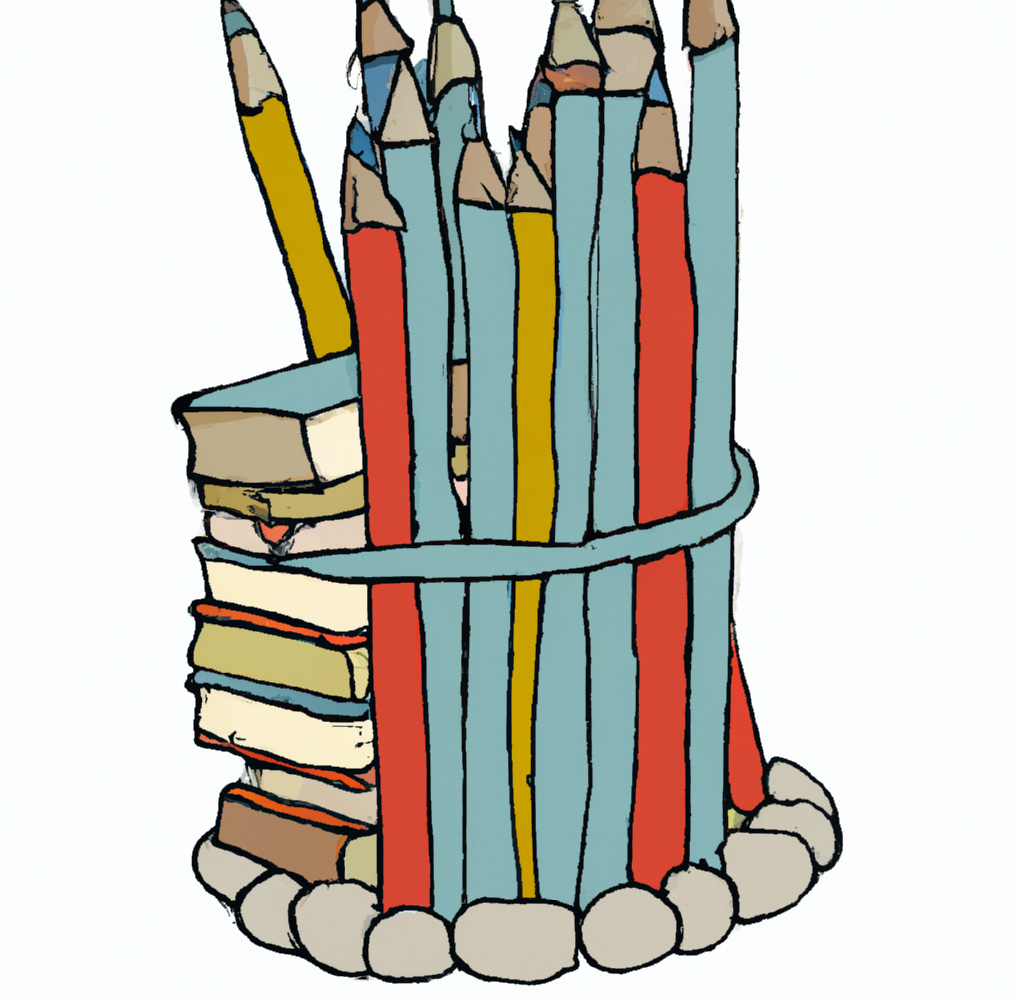Notebook: (2) Sensitivity
by Ann Kjellberg, editor
Read Part One of this post here
It was a shock to me to learn that posthumous changes to authors’ work are apparently, as the publishers’ statement in the new Roald Dahl editions indicates, now routine. In an essay for Publishers Weekly that appeared before the Dahl controversy, questioning the role of “sensitivity readers” like the ones behind the Dahl edits, agent Jeffrey Hermann wrote,
sensitivity reads are a recent and potentially powerful layer of scrutiny some books are subjected to. Evidently, they have been in use by some children’s publishers for several years … sensitivity reads can be beneficial for all stakeholders, especially authors. Any manuscript can be potentially infected with inadvertently offensive content that serves no meaningful purpose. For instance, I represent many older backlist titles that possess unacceptable language by current standards but that, when written, seemed innocent. We make an effort to discover and rewrite those segments without distorting the (often deceased) author’s meaning.
Keep reading with a 7-day free trial
Subscribe to Book Post to keep reading this post and get 7 days of free access to the full post archives.

